That low-level hum of dread you can’t shake can be overwhelming.

It creeps in when things slow down or when you think too long about time, meaning, or what your life is actually for, and it’s not just your imagination spiralling. In fact, it’s a real part of being human in a world that’s constantly asking you to keep up, perform, and stay distracted. Existential dread isn’t just about death or the afterlife; it’s about uncertainty, meaninglessness, and the fear that none of this is adding up the way it’s supposed to. If that quiet ache follows you through your days, here are a few things worth keeping in mind.
1. You’re not weird for feeling this way, just aware.

Existential dread often hits the people who are actually paying attention. You’re not broken because you feel it—you’re observant. You’re tuned into something most people avoid. That awareness can feel heavy, sure, but it’s also a sign that you’re thinking deeply, not drifting passively through life.
Most people don’t talk about it, but many carry it. Once you realise that this unease is more common than it seems, it becomes a little less alienating. You’re not the only one questioning the point of it all. That doesn’t make the dread vanish, but it gives it less power over you.
2. There’s a difference between anxiety and awareness.

Sometimes existential dread feels like anxiety, but they’re not always the same thing. Anxiety is often sharp and physical—tight chest, racing heart. Existential dread is heavier, slower. It lingers more like fog than fire. It’s not necessarily a disorder—it might just be a side effect of being deeply conscious in a chaotic world.
This distinction matters because it changes how you respond. You don’t always need to “fix” existential discomfort. Sometimes, you just need to give it space. Let it breathe, let it pass through without trying to label it as something pathological.
3. The dread isn’t asking you to solve life—it’s asking you to be present.

When dread strikes, our first instinct is often to overthink: What’s the point? What am I missing? How do I fix this? But existential dread doesn’t want a spreadsheet of answers. It wants your attention. It wants you here, now, grounded in something real instead of spiralling in your head.
That could look like touching something textured. Drinking water slowly. Naming five things you can see. You don’t have to escape dread. You just have to get underneath it, into your body, where things tend to make more sense.
4. You weren’t built to carry the weight of the entire world.

We are more connected and overstimulated than ever. That access can be empowering, but it can also crush you. Climate breakdown, economic injustice, war, loss—it’s too much for one brain and body to hold 24/7. No wonder dread shows up. You weren’t designed to process global grief every time you scroll.
You’re allowed to care without drowning. You’re allowed to protect your peace without checking out of the world. Choosing where to place your energy doesn’t make you cold. It makes you sustainable.
5. Trying to give your life one big “purpose” can backfire.
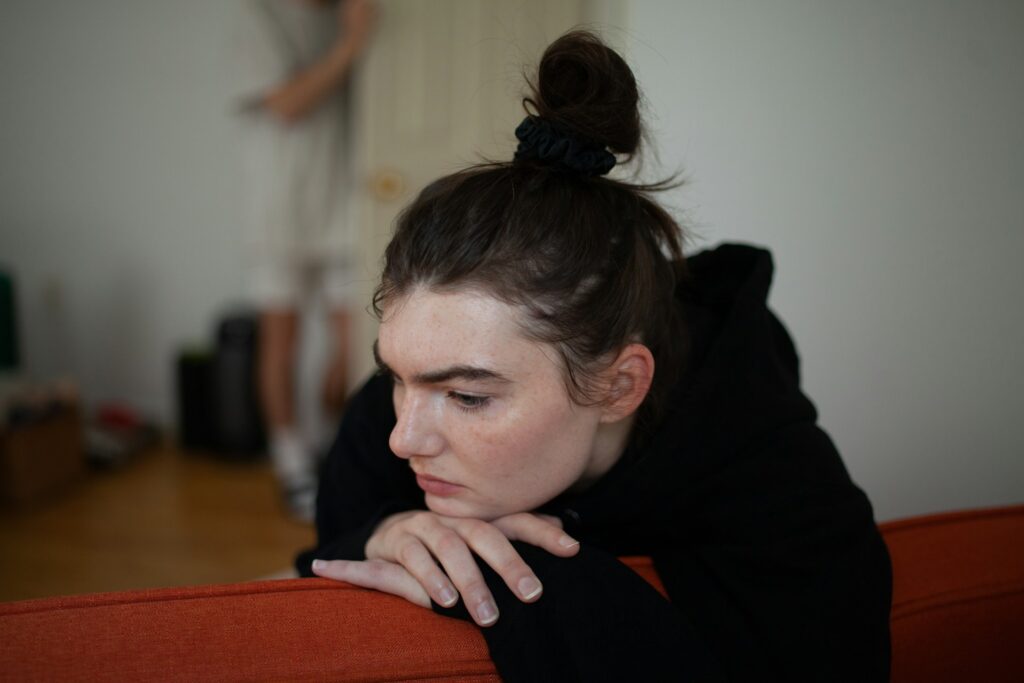
There’s a huge cultural obsession with finding your “one true calling.” But what if your life is more mosaic than masterpiece? Waiting to discover a single, epic purpose can make everyday meaning feel like it doesn’t count. That’s when dread creeps in—the feeling that you’ve missed something huge.
But life isn’t a single storyline. Maybe your purpose is seasonal. Maybe it changes. Maybe it’s just to be kind to the people around you and to yourself. That’s not small. That’s meaningful in a way that doesn’t need applause to matter.
6. Your life matters, even if no one writes about it.
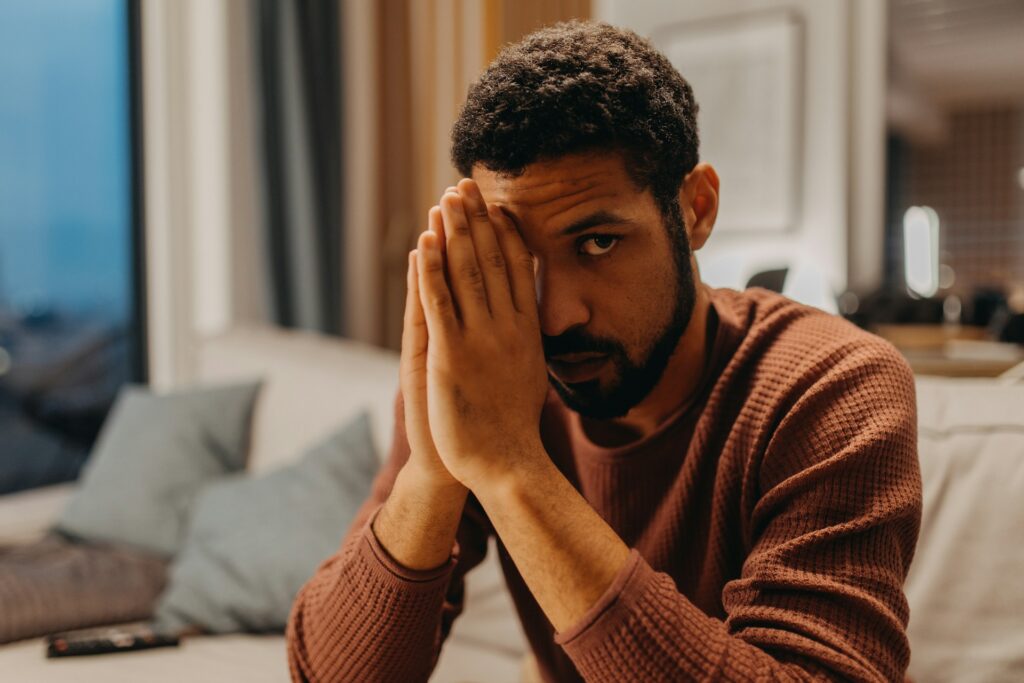
Legacy gets romanticised. We’re told to aim for impact, to do something big. However, most lives—important, valuable, beautiful lives—go undocumented. Of course, that doesn’t make them any less real or worthy. Your life has already shaped other people’s. You just don’t always get to see it. You’ll never know the full ripple of your existence, but that ripple still happens. Being kind in an unrecorded moment can be more powerful than anything written down.
7. You’re allowed to just… be.
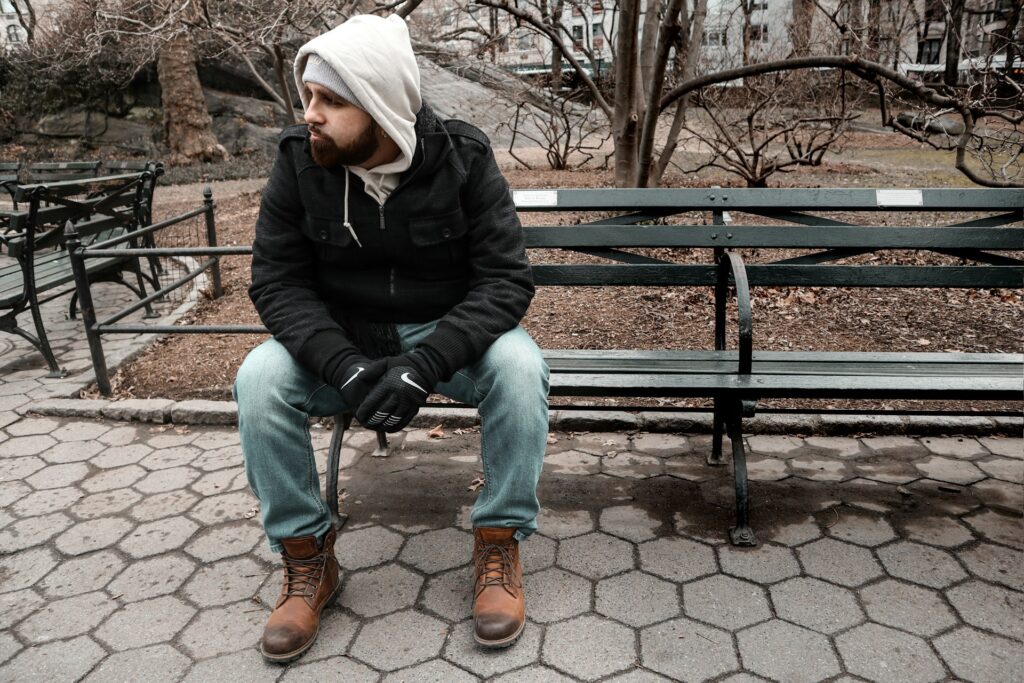
Not every day needs to be significant. Some days you just survive. You get through work, feed yourself, answer a message, try again tomorrow. That’s not failure—that’s life. If you demand existential clarity from every single moment, you’ll exhaust yourself. Not every hour has to be meaningful. Sometimes, “I made it to the end of today” is enough. It really is.
8. Mortality makes everything more real, not less.

Thinking about death doesn’t always lead to despair. Sometimes, it brings a strange clarity. When you realise everything ends, you stop putting off joy. You stop waiting to be “ready.” You start appreciating the small stuff that used to feel boring or insignificant. Mortality doesn’t have to be morbid. It can be motivation. You don’t know how long you’ve got, but you do have now. That’s the only guarantee, and that makes it sacred.
9. Creating helps move the dread.

When dread gets stuck, it helps to move something. That doesn’t mean making something perfect. It just means doing something that exists outside your head. Write. Paint. Dance. Cook. Make a playlist. Rearrange your room. Put something new in the world, even if no one sees it. You’re not trying to escape dread—you’re trying to change it. Movement creates space, and space gives you a little more room to breathe.
10. Existential dread isn’t the opposite of joy—they often show up together.

You might cry during a sunset. You might laugh with a knot in your chest. These feelings aren’t contradictory—they’re layered. The more you open yourself to joy, the more you might feel everything else too. That’s not a problem. That’s range. Dread doesn’t mean you’re joyless. It just means you’re feeling the full weight of what it means to be alive. Joy often slips through the cracks when you least expect it—don’t close the door just because fear is standing nearby.
11. You don’t have to earn your place here.
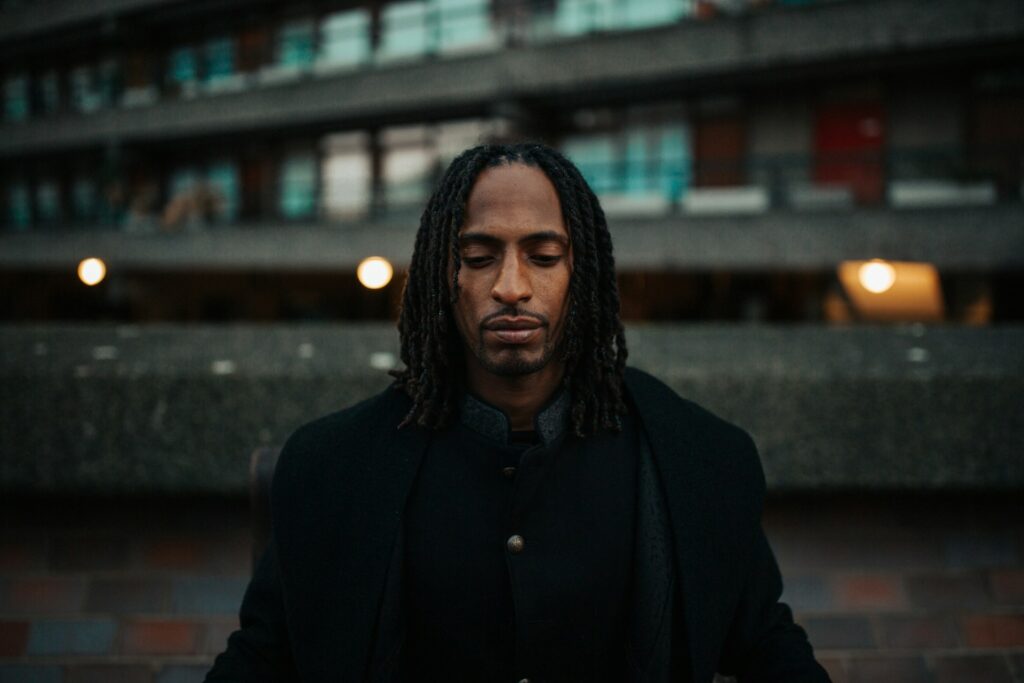
You’re not here because you proved your worth. You’re not alive because you passed some invisible test. You don’t need to justify your existence with impact, productivity, or perfection. You belong by default. You were born worthy. You’re not on trial—you’re part of this whole messy, beautiful, strange thing called humanity. And that’s enough.
12. You’re probably more grounded than you think.

If you’re wrestling with big questions, that means you’re engaged. You’re thinking, stretching, evolving. That’s growth—even when it feels heavy. Confusion isn’t failure—it’s part of waking up. Give yourself more credit. You haven’t checked out. You haven’t gone numb. That ache in your chest is proof you’re still connected, even if you don’t have the words for it yet.
13. It helps to zoom in.
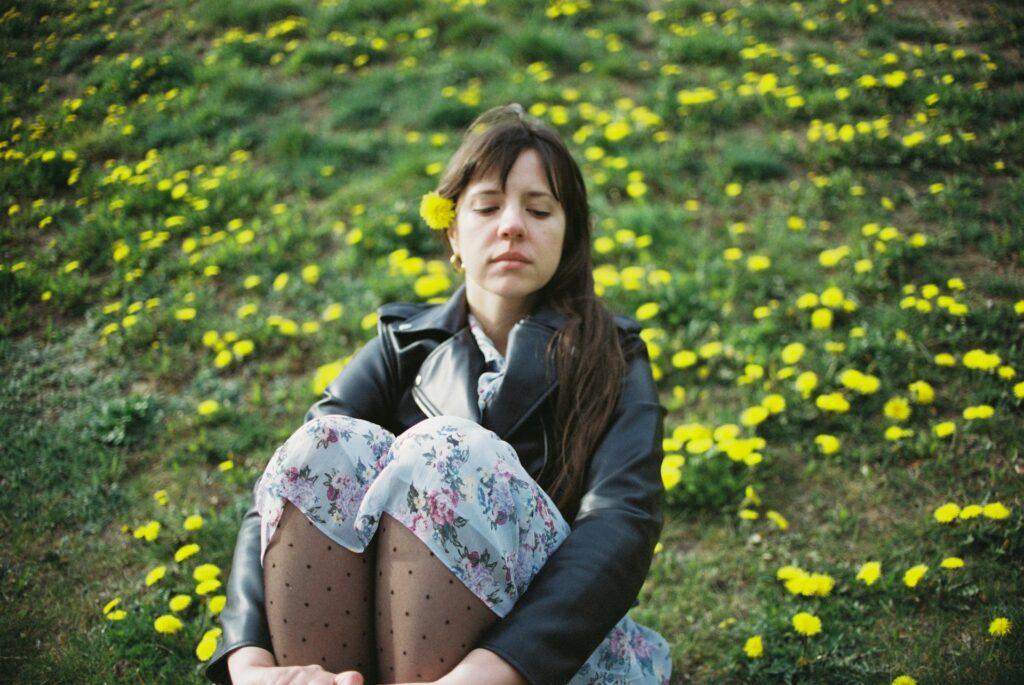
When your mind zooms out too far, everything can start to feel pointless. So zoom in. What do you see? What can you touch, taste, hear, do, feel? What needs your attention in the next hour, not the next decade? The big stuff can wait. Life is still happening here, in the ordinary. That’s where most of the real meaning hides—in cups of tea, in quiet mornings, in the softness of your own breath.
14. You’re not broken—you’re just deeply human.

This ache to make sense of everything isn’t a malfunction. It’s part of the design. You’re not weird, weak, or lost—you’re just human in a world that rarely slows down enough to let you feel it. You don’t need to “fix” your dread. You just need to meet it. Sit with it. Let it soften. Because underneath all that discomfort is something incredibly alive, curious, and still hopeful, waiting for you to notice.


